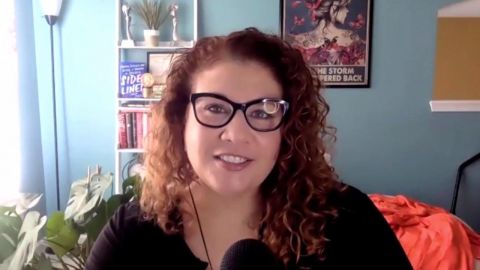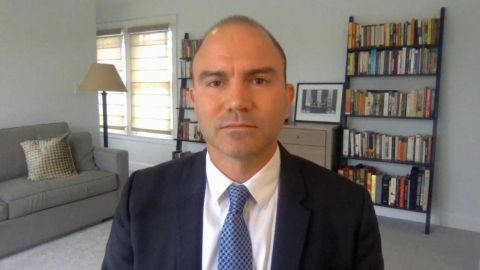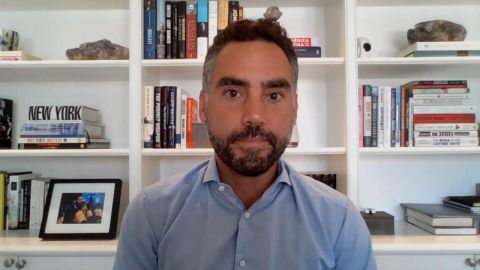Read Transcript EXPAND
BEN RHODES, FORMER U.S. DEPUTY NATIONAL SECURITY ADVISER: Well, look, I have been in the room with Putin many times when I was working for President Obama. And whataboutism is always a characteristic of these summit meetings. I remember, on Ukraine, we’d be — he’d be denying that Russia was providing any support into Eastern Ukraine. We literally have overhead imagery of huge masses of Russian military equipment flowing in Eastern Ukraine. And what he would just say is: No, you actually caused this crisis because you got behind a coup that overthrew the leader of Ukraine who Russia had backed. And you end up getting drawn into some debate with the guy. I’m sure he will be doing the same thing to Joe Biden. I think what we have to recognize is that this is a tactic. And Navalny himself told me, look, Putin’s message to his own people in Russia and around the world isn’t necessarily that he is pure, that he is not corrupt. It’s that everybody is. And if, essentially, he can convince you that, look, America is just as corrupt as Russia, it’s no different, it’s just a different system with the same outcome, like a handful of winners and a bunch of losers, then that’s the opening for Putin to say, at least I offer you the — kind of the projection of your grievances. I’m making Russia great. Again, I’m taking on our enemies. And so that whataboutism is meant to engender cynicism, that nothing really matters, it’s not worth even challenging this, that everybody’s just as corrupt as everybody else. And I think it’s incumbent on Joe Biden to draw the clear distinctions between what America stands for in the world and what Vladimir Putin has been up to for the better part of over two decades now.
BIANNA GOLODRYGA: And you spent some time — I guess this is during quarantine, so — and during the pandemic — so you were FaceTiming and spending time communicating with Alexei Navalny. Obviously, this was before he was imprisoned. And there was a connection that you finally realized that you had between the two of you that maybe drew you to him in ways you didn’t expect. And that was that you operated on a sense of rage. I want to quote something from your book. You said: “There are different types of people. Some under pressure are scared, and some people, they are more enraged.” This is from Navalny: “My own motivations draw on rage, even that I know that rage can distort thinking and lead you some — down dark alleys.” Rage motivates both of you. Can you talk about that, and where you think that has landed Navalny, being in prison now for — this is a sentence for a couple of years. Many expect him to remain in prison much longer. He nearly died from — after a hunger strike and abuse there while in prison. What do you make of his tactic and his approach to Russia as he would envision it?
RHODES: So, first of all, Bianna, I want to thank you for the attention that you put on Alexei Navalny. I think there are two things I would highlight. The first is the extent to which Navalny helped me understand the mind-set that led to Putin.
About This Episode EXPAND
Border encounters reached a two decade high in April, according to the US Customs and Border Protection, and nearly half were from Central America.
LEARN MORE



